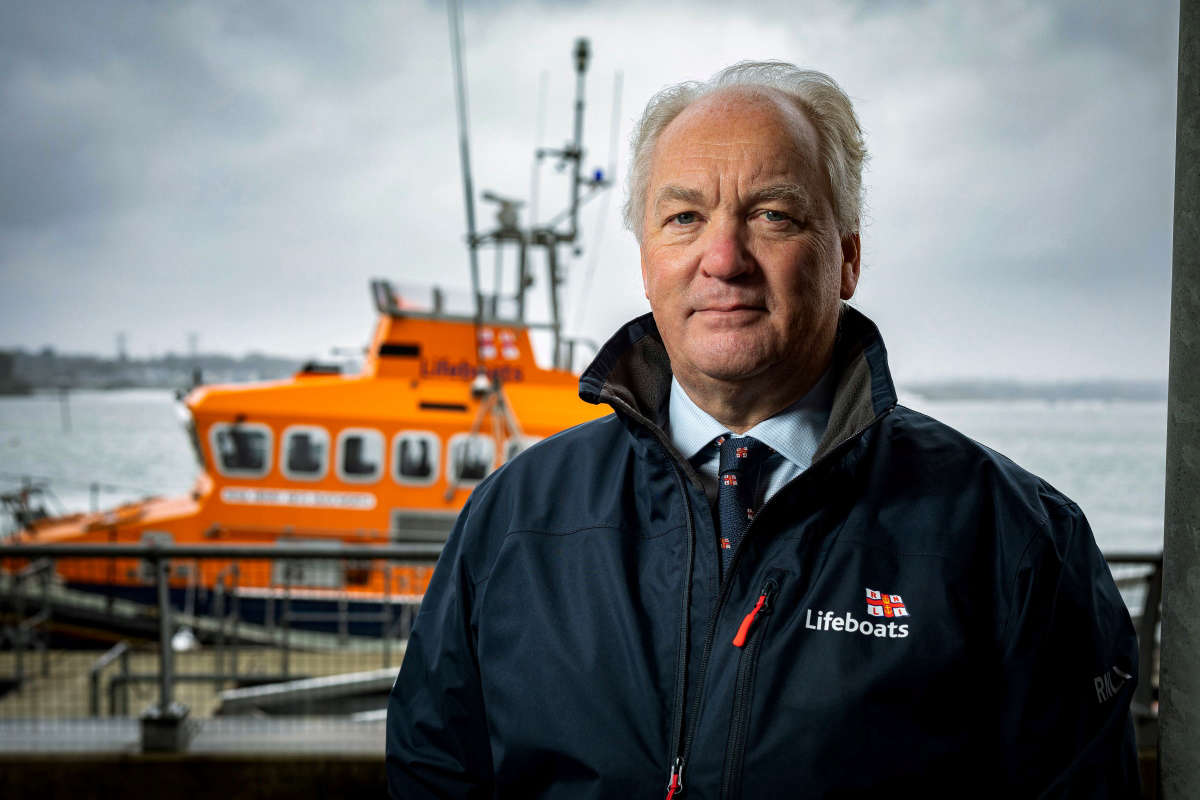
The UK's largest lifeboat charity has defended helping rescue migrants at sea, saying it's "humanitarian work of the highest order".
The RNLI says crews have been verbally abused by some members of the public, shouting at migrants to go "back to France".
The organisation says volunteers simply want to prevent people dying.
More than 9-thousand people have crossed the Channel in small boats so far this year.
RNLI Chief Executive Mark Dowie has today issued the following statement on behalf of the organisation:
‘I could not be prouder of our amazing volunteer lifeboat crews, who launch to the aid of anyone who is in trouble in or around the water and needs our help. We have done this since the RNLI was founded in 1824 and this will always be our ethos.
‘Every year, our lifeboat crews and lifeguards rescue around 30,000 people. We do not judge a casualty on what circumstances have found them in trouble. Our crews are tasked by HM Coastguard in the UK and the Irish Coast Guard in Ireland to rescue anyone who is at risk of drowning. They go home after a shout secure in the knowledge that without their help, the person they rescued may not have been able to be reunited with their own family. That is why they do what they do.
‘These same principles apply to our lifesaving work in the Channel. We do not judge those we rescue – where we believe there is a risk to life at sea, we will always launch in response to a call from HM Coastguard. We want to be absolutely clear that we are incredibly proud of the work our volunteer lifeboat crews do to rescue vulnerable people in distress.
‘When our lifeboats launch, we operate under International Maritime Law, which states we are permitted and indeed obligated to enter all waters regardless of territories for search and rescue purposes. And when it comes to rescuing those people attempting to cross the Channel, we do not question why they got into trouble, who they are or where they come from. All we need to know is that they need our help.
‘Our crews do what they do because they believe that anyone can drown, but no one should. They believe in and remain focused on our core purpose, along with every member of the RNLI, to save lives at sea.’
The charity has released video footage of some of it's work in the English Channel along with the first hand experiences of some of it's volunteer crew working on the south coast.
Below are the first-hand experiences of some of our volunteer crews in the south east who respond to emergency call outs in the English Channel:
Crew member 1
'The first Channel crossing job I got called to was 17 people in an inflatable dinghy in the middle of the shipping lane. There were 14 men, two women and one child. The child was a five-year-old girl. I always remember this as she was the same age as my daughter was at that time. The weather was really too rough for a boat that size to be anywhere at sea, let alone in the middle of the Channel. An inshore lifeboat had got there before us, but there were too many people for them to take on board. The inshore lifeboat ferried the casualties to our all-weather boat, three at a time, until we had all 17 people on board the lifeboat. We put the women and the little girl inside. I remember the little girl was obviously very tired and hungry. She couldn’t speak English, but she told us with sign language that she was hungry. I gave her a Mars Bar and she slept for the rest of the job. She’d obviously been in this little boat all night and her mother was so unwell that she was on oxygen for the whole time we were travelling ashore. She could hardly breathe. And the other woman was so upset she couldn’t stop crying for the whole of the journey back ashore. The men on the boat weren’t really any happier. The girl’s father was so upset by the whole experience he couldn’t really speak at all. There were a few people on board who spoke English well enough to tell us that they’d been on the boat for – they thought – at least 12 hours and they didn’t know where they’d come from or where they were when we picked them up. They were all very frightened and –and obviously didn’t know whether or not they were going to survive this journey.
'Nobody on the boat was dressed appropriately to go on a boat trip of any kind, let alone a night time Channel crossing in a tiny boat so everybody was cold, everybody had the beginning symptoms of exposure, everybody was hungry and dehydrated, so the most important things for us to do were to keep people warm and try and keep people rehydrated and fed as best we could whilst trying not to make anyone any more seasick than they already were by taking them inside and warming them up.
'I’ve been on a lot of quite physically challenging lifeboat jobs, but I’ve never been on a job where I was so worried for all of the people that we were going to. A small group of people in a boat this size in the middle of the Channel would have been in great danger, but this many people on this boat had no real chance of surviving the situation they were in if they didn’t get some help. And we only barely had the resources to look after them because there were so many of them, and we were just six people on this relatively small boat.
'Um, the most desperate situation I’ve come across was eight people on a small sailing catamaran, the kind you might have two people sail on a lake or river or close to the shore, and they were on this catamaran with no mast, no rudder and just some shovels to paddle it. And they’d paddled this thing about 80% of the way across the Channel and they’d been doing this all night. And they’d made it into the middle of the shipping lane, and they were just so exhausted they couldn’t go on and they had nothing left and they’d stopped. When we got there, they were so tired they hardly reacted to us being there. We approached them and showed them that we had water and we had food and asked them what they needed. They didn’t even have shoes. When we got there, as we approached them, they said don’t come any closer and they made me wait while they put their masks on because they were looking out for us.
'Our inshore lifeboat was called to a small inflatable with seven people on board that was floating a couple of miles from our station. And we went there and found four adults and three children in this boat. I think it was two families. They’d broken down or run out of fuel overnight. They didn’t know where they were or where they’d come from. Everybody on the boat had high temperatures. They were coughing, being sick, we thought that there was a chance these casualties had Covid and they all needed medical attention. There wasn’t time to wait for a bigger boat, we needed to get them ashore. So I ran over to the boat and tied on a tow rope, and we towed them slowly to the shore. we had more crew there – some of the paramedics on our crew were there to take care of them on the beach, and they had blankets and bits of food and the paramedics were able to establish that they didn’t have Covid – they had exposure. But when we got there, there were some members of the public who saw us coming in with this – two families, little children, four or five years old in this boat, and a small group of them were standing there on the beach shouting, “Fuck off back to France” at us as we tried to bring them in. And sometimes the people on the beach ignore us when we come back from a job, and sometimes they say some very nice and supportive things to us, but I’ve never been met by an angry mob before. And it’s one of the most upsetting things I’ve ever seen. I can’t imagine what those families felt like, coming ashore to that after the night they’d had.
'There’s a few things I’ve seen that have really affected me. The first job I went to that involved a Channel crossing, we rescued this little girl who was five years old and about the same size as my daughter. And she was very scared and obviously exhausted, very cold, hungry. She was wearing the same lifejacket that my daughter wears when we go sailing together and I now can’t look at my daughter in her lifejacket without thinking of this little girl, and being reminded every time we go to play with our boat for fun, that another family just like ours very nearly lost their lives trying to make it to England.'
Crew member 2
'I think what you realise when you get to the migrant boats, when you get to these dinghies, I think what hits you more than anything, irrespective of your own thoughts on this situation is the desperation that they must be in to put themselves in this situation and then you look at them as human beings irrespective of where they have come from, human beings that are in a state of distress that need rescuing, so every other thought goes out of your mind. As an RNLI coxswain you are looking at what you are there for, preserving life at sea, irrespective of who, what, where.
'I couldn’t really explain or emphasise enough how dangerous it is. It’s the busiest shipping lane in the world. Taking away the fact that they normally come over when the weather is quite calm, you’ve got so much shipping to pass, you’ve got the strong tidal currents running through the Channel, there is just so much danger there in every way and form. The water never really warms up, so the water is going to be cold all year round. It’s just extraordinarily dangerous trying to cross that part of the English Channel.
'One of the other migrant shouts that really sticks in my mind was one of the hottest days of the year, 2020, an amazingly hot day, the sea was a clam as it could ever be, but unbelievably hot and we had to go out to a migrant boat and we found two women on board, three children and four adult males and the heat was unbearable for them.
'The boat had run out of fuel as most of them tend to and they were suffering severe heatstroke bringing on seasickness as well and at that time you just look at the condition that they are in and all you want to do is get them out of that situation and just get them somewhere where they can be looked after and be treated as they need to be treated and just get them somewhere safe.
'The most desperate situation I think I’ve seen was a boat we were called out to and that was January time and the daytime temperature when we got to them was -2 then, and they said they had been at sea for 30 hours. The dinghy was awash, there were 34 people on board, and it had been spotted by a Channel ferry and they were absolutely freezing.
'I think what hits you hardest is when you see the children in such a distressed state. When we got alongside and we wanted to get them on board it was women and children first, desperation is, you don’t have to worry everyone wants to jump off because they are so frightened, so glad just to be picked up – and for a better word, saved.
'But the children were frozen, two of them couldn’t walk because they’d got cramp in their legs, they were so cold and then we had the women come on board with a couple of the males and they just collapsed and laid flat out, just crying on the aft deck. That brings it home to you, the humanitarian side of what we do is there, that’s why we do it irrespective of, as we say, what the reasons why they are there. As a humanitarian, a lifeboat coxswain, we are there to save lives at sea and to see people in such a distressed state it can only pull at the heart strings.
'We’ve had some vile abuse thrown at us. We’ve been accused of all sorts of things. I’ve personally had personal phone calls at the lifeboat station people telling me what they think of me by bringing migrants in, but at the end of the day I reiterate we are here to save lives at sea and all the time we are here that is what we will carry on doing.
'The reaction we generally get from the migrants is of relief. It’s not jubilation, it’s relief. We’ve had them on the lifeboat deck actually praying because they are so thankful. We’ve had a difficult time through Covid because of distancing, you have to keep them on the decks of the lifeboat, sometimes when it’s cold you do your best to keep them warm with blankets and keep them huddled up, keep them as warm as possible, but it’s general relief and you would be amazed how many actually make the effort to come and thank you for what you’ve done for them.
'We had one shout where there was not a breath of wind but so incredibly hot.
'I would have said there were two families on board. Looking at them you could almost say they were doctors, dentists. the children and the woman was just praying in the little boat, please rescue us, please rescue us and you sit there, and you can’t take them on board first because you’ve got to make all your risk assessments before you take them on board.
'And then you worry they are going to throw themselves in the water and swim towards you, so that was a difficult one.
'And I felt so sorry for them because where they were taken ashore it was one of the busiest days of the year. The beach was absolutely packed. The abuse that was thrown at the people walking up the beach, the women and the children and there was some drunken yob throwing a beer can at them. You just can’t believe what you are seeing from human beings.'
Crew member 3
'One shout that sticks out was picking up 20 or so migrants and being re-tasked still with the original migrants on board to an inflatable canoe with three [casualties] on board who had paddled to within a mile of shore with plastic paddles from France. All three of them were asleep on the aft deck within minutes of being lifted onto the lifeboat as they couldn't even stand up. Another one that sticks in my mind was when we started taking migrants off a rib and I was passed firstly a child about five years old followed by about a seven-year-old and his sister, then a tiny baby who the mother breast fed on the aft deck on our way into Dover.
'At the end of the day we volunteer to do a job so when the pager goes we respond to whatever the Coastguard task us to, and we treat every shout with the respect it deserves day or the middle of the night.'
Crew member 4
'Most are desperate, the boats are overcrowded, women and children are often crying, some are seasick and not well. I recall one incident where the transom at the back of the boat was hanging off and the boat was taking on water, so we whipped them straight off the boat before it could sink. There was another one where we took the migrants onboard including women and children and the children were incredibly upset as one of the women passed out, we believe it was almost out of relief of being rescued as she came round shortly after. One of the more recent shouts was desperate for other reasons, we found and recovered about 40-50 migrants including women and children off the boat, some were trying to climb the sides of the lifeboat to be safe and dads were trying to pass their children to us between the boats. Once recovered we were tasked to another vessel which had a similar number on, we simply didn’t have room to accommodate all of these people, so we had to stand off and watch them to ensure passing vessels were aware of them.
'We reassured the migrants and tried to keep them calm to ensure they didn’t upset their boat. At the same time, we were trying to calm those on our boat as they wanted us to rescue the children from the other boat and others were starting to show signs of exposure (it had been raining hard before we found them).
'While there are people in small boats in the channel, there is danger. My motivation is to stop anyone drowning and washing up on the beaches. I don’t care what time of day or night it is, a life is a life, and I will continue to give my best to the RNLI to protect as many as we can. I’d like to think that the crew all feel the same. You have to put the politics of it to one side; they are human beings in distress, and they need us. I am grateful that the RNLI support us and that we don’t discriminate against anyone. I am proud of the work that we do and the lives that we have saved. I want us to shout about what we do and the care and empathy that we show. This country is having a crisis of empathy and I love that the RNLI are standing up for our morals and showing what I truly believe is the Britain we should all be proud of.
'The boats are often barely seaworthy, and some have barely made it to where we have rescued them. The boats are overloaded with people who are not regular sea-goers and are not prepared for the undertaking. There are lots of big ships in the channel and they can’t stop quickly and, in some cases, can’t see a small boat with people on, so a big accident is going to happen, and we need to everything that we can to prevent this. If the worst happens and a boat overturns with 30-40 people on with children, we will struggle to save them all. The image and thought of that happening is enough to make your blood run cold. We need to find and help these people. No-one deserves to drown because of where they come from.'
Crew member 5
'My first shout at sea involved 13 human beings: nine women and children and three men in an inflatable RIB with no power drifting dangerously into the shipping lanes. Once on scene it was clear that these people were terrified and in desperate need of our help.
'Once on board I assisted with casualty care and was personally shocked at the age of the young children. The youngest must have been approx. four-years-old.
The casualties were frightened, tired, dehydrated but most of all relieved. The fact that their clothes were soaked in fuel and sea water or that they were not really understanding where they were going, didn’t seem to factor. Just mothers comforting children whether they were their own on not.'
Crew member 6
'On two calls the vessels were swamped and full of water. They were just so grateful when we rescued them. One time the driver jumped off the dinghy into the lifeboat when it was still in gear and going along bouncing against the lifeboat in the swell. All the occupants were screaming and crying. The boat was full of children and women. I jumped on the boat to move it out of danger and the occupants were being smashed against the side of the lifeboat. When I moved it away the children were all crying and screaming. I started heading down the swell to make it smooth and settled them down by singing The Wheels On The Bus and talking about Peppa Pig.
'[People we rescue] are very grateful and thank us. They are always wet and often smell of petrol from the cans leaking in the boat. We give them blankets, water, and chocolate. If there are children, we put them on the stern, so they are protected from the weather. We always keep the families together.'
Crew member 7
'The most desperate situation I have seen was when we got tasked to a ‘persons in the water’ Mayday at 11pm. A yacht had miraculously heard a call from two people floating in the water with lifejackets. The two casualties were recovered by the yacht and after getting through the language barrier it was confirmed that others from their group were still in the water. We launched and began searching within the area. The helicopter and various other assets were in attendance. We spotted the other casualties with our searchlight and headed for them. Once on scene we were shocked to see that their boat had basically sunk and deflated which left them up to their chests in water and [there were] only moments left before they would have also been fully in the water without lifejackets.
'The condition of people varies from day to day. Most are suffering sea sickness, dehydration, fatigue, occasionally hypothermia, injuries usually sustained before their channel crossing. We’ve had people pass out on board and even children with chemical burns from petrol in the RIB. Once the casualties are on the lifeboat, we attend to any first aid that they require. Most days they are wet and cold, so we hand out blankets to try and make them comfortable. We issue water to everyone and usually offer something out of our chocolate box especially to the kids. It’s terrible to see the kids in their situation. One of our crew members usually takes on children’s entertainment. So far to date we’ve had nursery rhymes and even glove puppets. Ultimately, they are treated with the same respect and dignity you will find across the rest of the fleet.
'The fact we have not had to recover multiple bodies from a RIB being run down by a ship or just generally sinking is a mystery to me. There is no other organisation with the assets, kit, and skills to deal with this issue at the moment; however it feels we are coming closer and closer to a real disaster that we may not be able to prevent.'
Crew member 8
'It makes me incredibly sad. It takes its toll emotionally witnessing sad and desperate scenes sometimes daily. Its particularly difficult when there are children on board. They are normally terrified, screaming and crying. To then return home and face the backlash from people in the community and on social media makes it all 100% harder.
'They are often injured and poorly. We’ve had several women collapse. People suffering from blood sugar problems. We have witnessed several people with leg and foot injuries including break strains and lacerations. They are nearly always wet, without shoes, ill prepared for sea. Throughout the winter months most casualties are wearing a light jacket. At best they are freezing. They are exhausted, thirsty, and hungry. They are always incredibly happy to see us. They are sometimes scared I think, not realising we are purely a rescue service, and they are not in trouble.
'[The people we rescue] receive the best care possible. Blankets, water, and chocolate. We deliver casualty care where it’s needed. We then make a decision on where best to land them, depending [on whether] medical care is needed. It’s amazing how far a universal smile and thumbs up goes although this is made harder with Covid PPE.'
Crew member 9
'My immediate family are incredibly supportive. I have left my partner to have dinner alone or cancel plans at short notice. Recently the pagers went just before we were heading out for the day. We returned to the beach at 1pm only to be re-tasked. My partner had dropped me in a packed lunch to take back out with us. They understand and have never once complained. I have had some friends and distant family be less understanding but until you see the reality of it, I don’t think people will truly understand.
'These vessels are overloaded beyond belief they are sometimes barely afloat and nearly always have water in them. Many don’t have lifejackets and their only means of calling for help is a mobile phone. They have no navigation equipment, and they are trying to navigate two very busy shipping lanes. How a vessel has not been rundown by a ship, I will never know. Many of the vessels we go to are stopped dead in the lanes with ships altering course to go around them. The risk to human life in the English Channel at this time is terrifying.'
Crew member 10
'We are now responding more and more to these channel crossings and are dealing with each and every one like any other shout. We don’t discriminate and no information is gathered as to how they came to be in their predicament. I don’t mind being called out at any time, night or day and will continue to respond to any call of distress where life is in danger.
'The most desperate situation I have experienced is attending a call where 5 migrants were located clinging onto what was left of their RIB and pulling them out of the water.
'The people we have rescued are desperate, frightened, confused and literally have nothing but the clothes they are wearing. Many are women, children, and new-borns. They have no belongings, some with no shoes on their feet. They are scared and worried for their future after rescue.
'The migrants overall are relieved to see us and are very friendly and cooperative. Once we communicate that we are a rescue service and mean them no harm, they tend to relax a little more.
'Once aboard the lifeboat, treatment administered is the same as any other casualty, and blankets, water and medical care is provided. Being so fatigued and traumatised by their experiences, they mostly tend to sleep knowing they are in safe hands.'
Crew member 11
'An overwhelming memory I will carry for a long time was on a recent shout when we picked up migrants from a drifting RIB with men, women and children onboard. Not one of them had a lifejacket on. Taking a young very scared child from their mothers’ arms while they were being transferred onto our lifeboat brought a tear to my eye. Being a mother I couldn’t imagine how desperate they must be to make such a dangerous trip.'




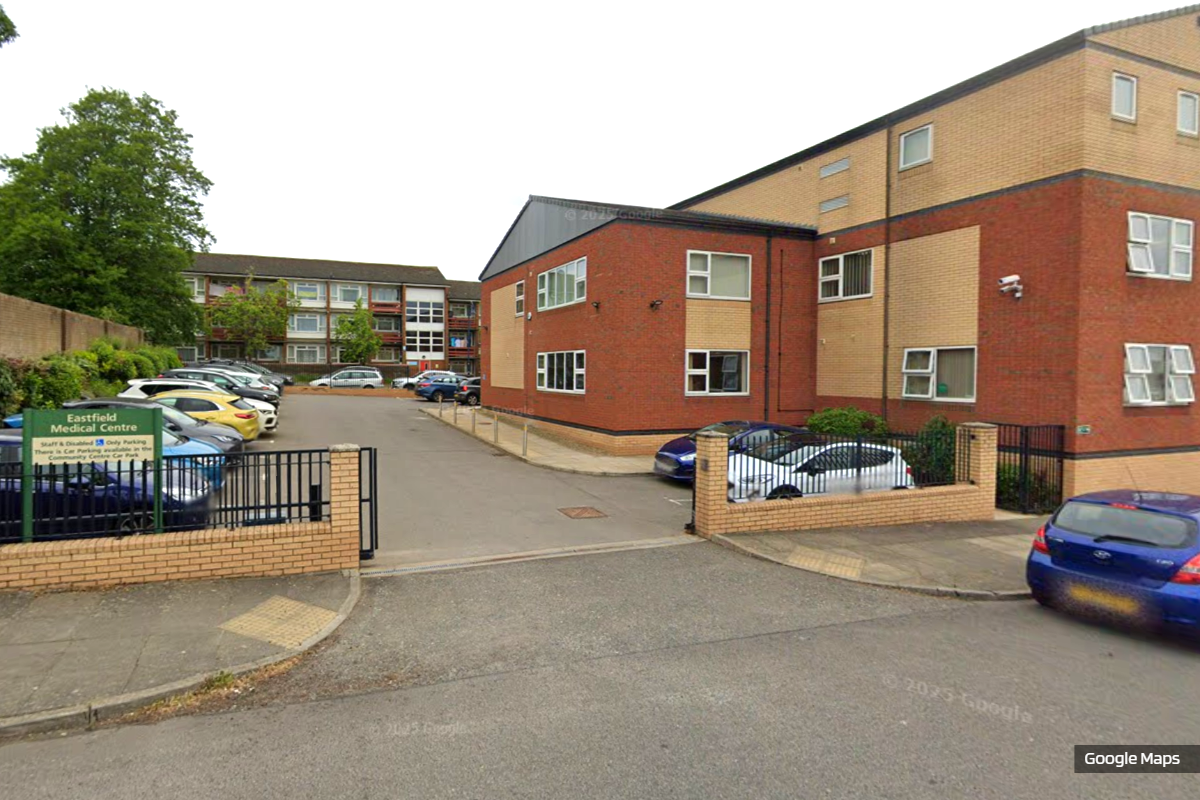 Eastfield Medical Centre Issues Continue After Flood
Eastfield Medical Centre Issues Continue After Flood
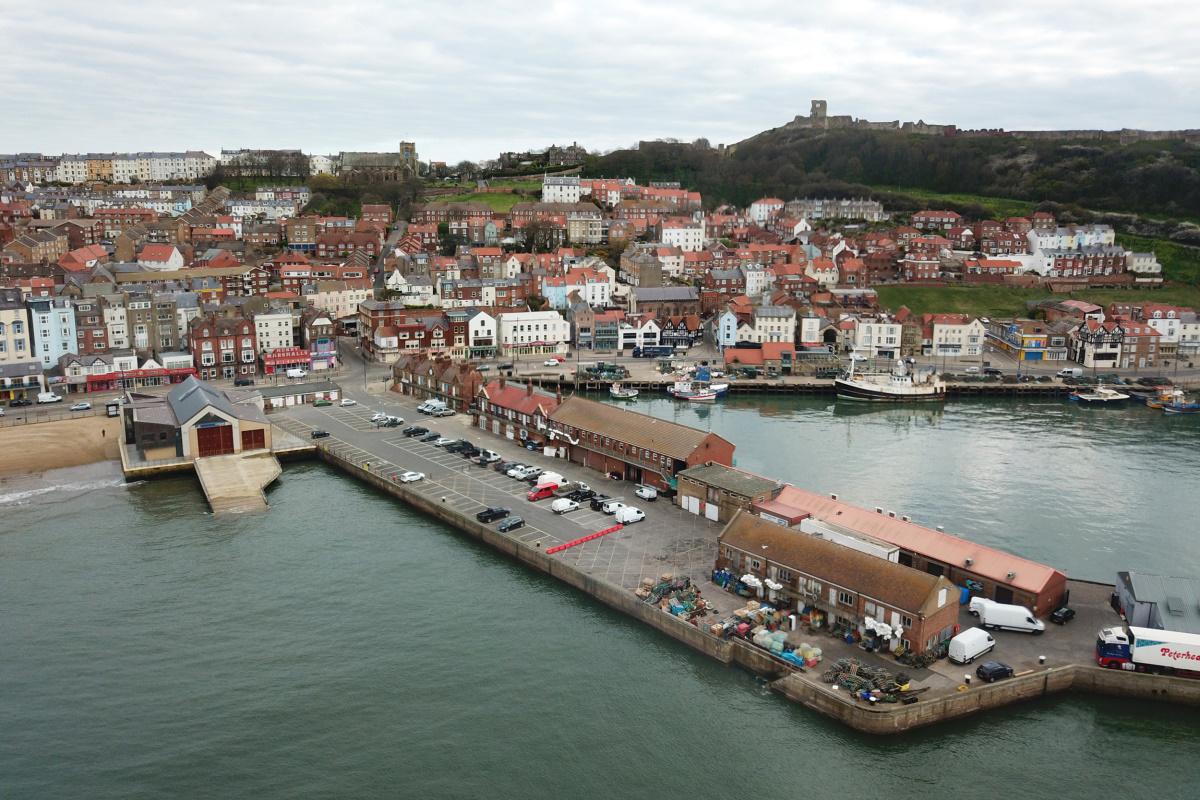 Scarborough West Pier Repair Works Approved to Save Structural Integrity
Scarborough West Pier Repair Works Approved to Save Structural Integrity
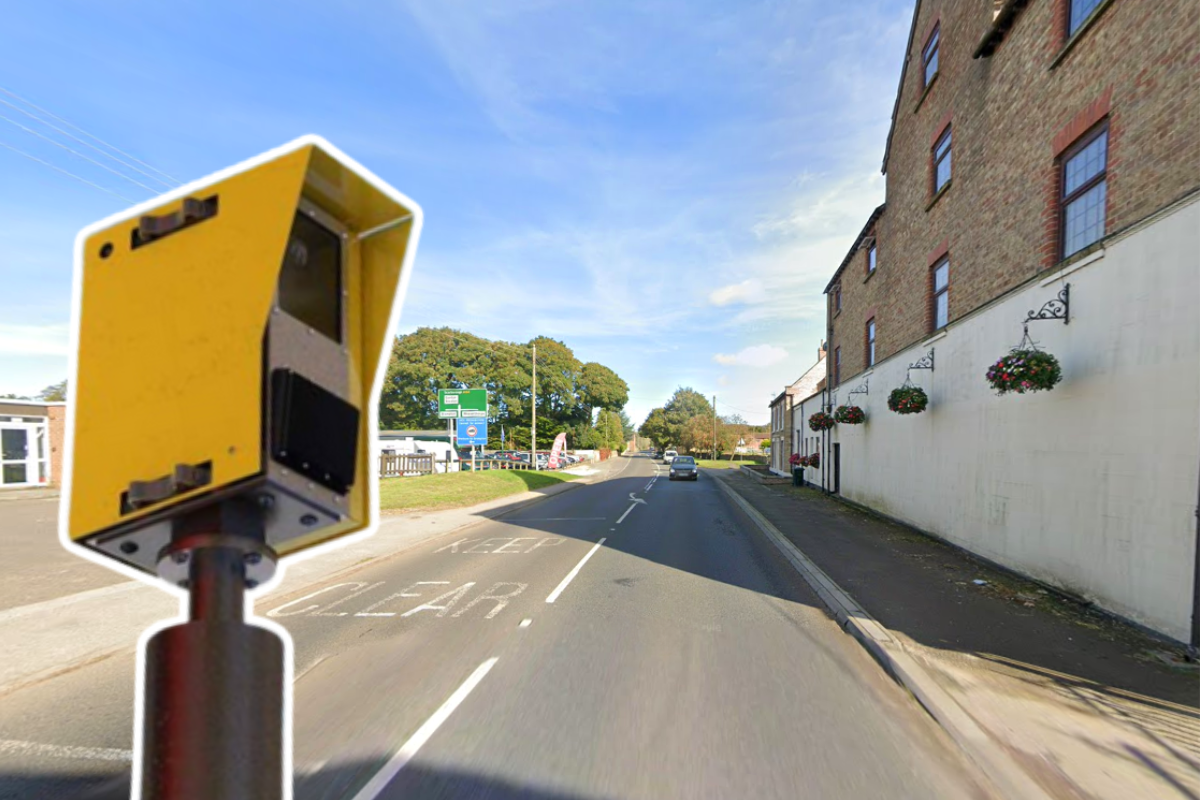 A64 at Sherburn Gets North Yorkshire's First Ever Fixed Speed Camera
A64 at Sherburn Gets North Yorkshire's First Ever Fixed Speed Camera
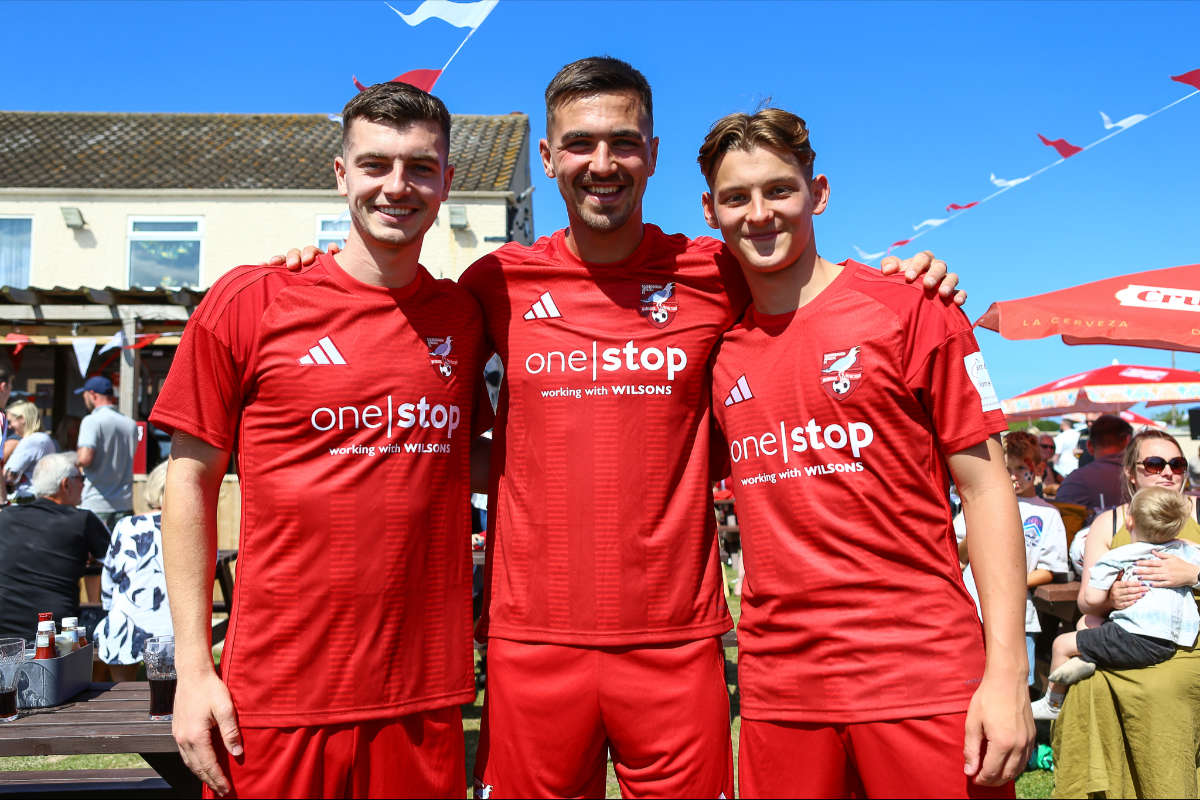 Red-Hot Reaction To Scarborough Athletic's Home Kit Launch
Red-Hot Reaction To Scarborough Athletic's Home Kit Launch
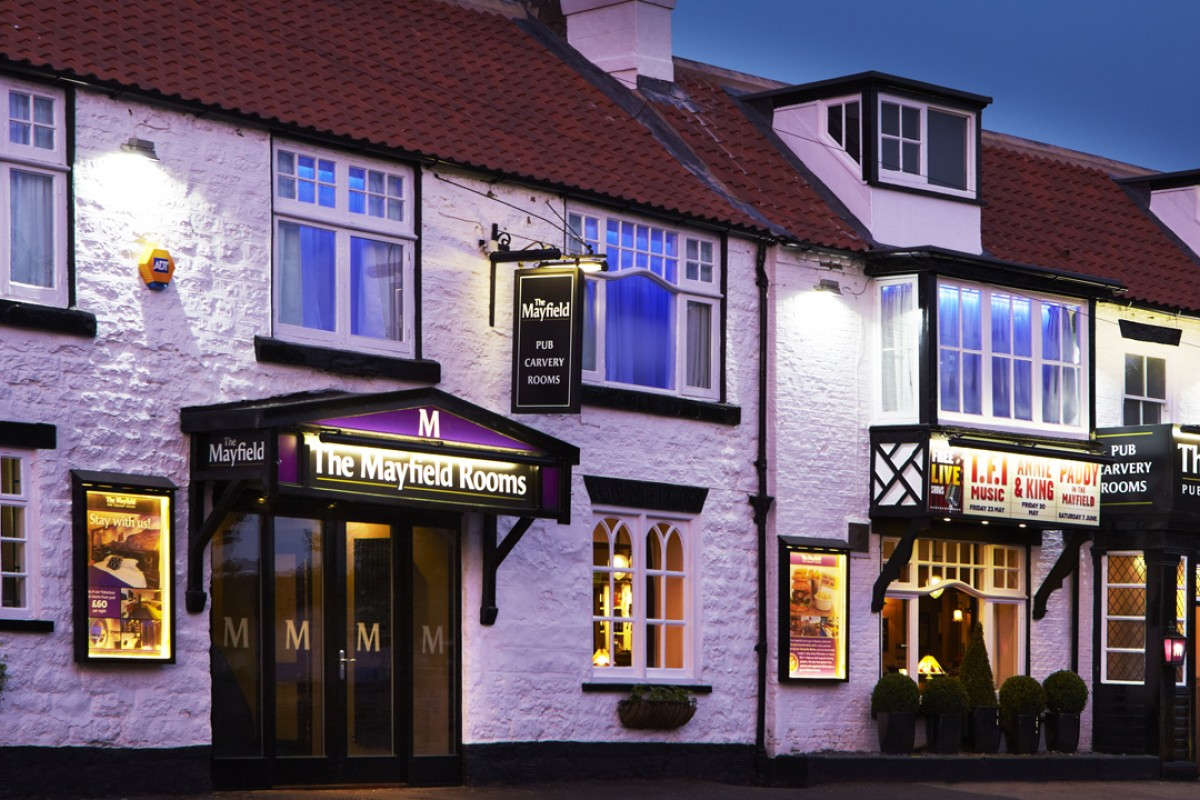 Popular Hotel-Eatery Near Scarborough Up For Entertainment Gong
Popular Hotel-Eatery Near Scarborough Up For Entertainment Gong
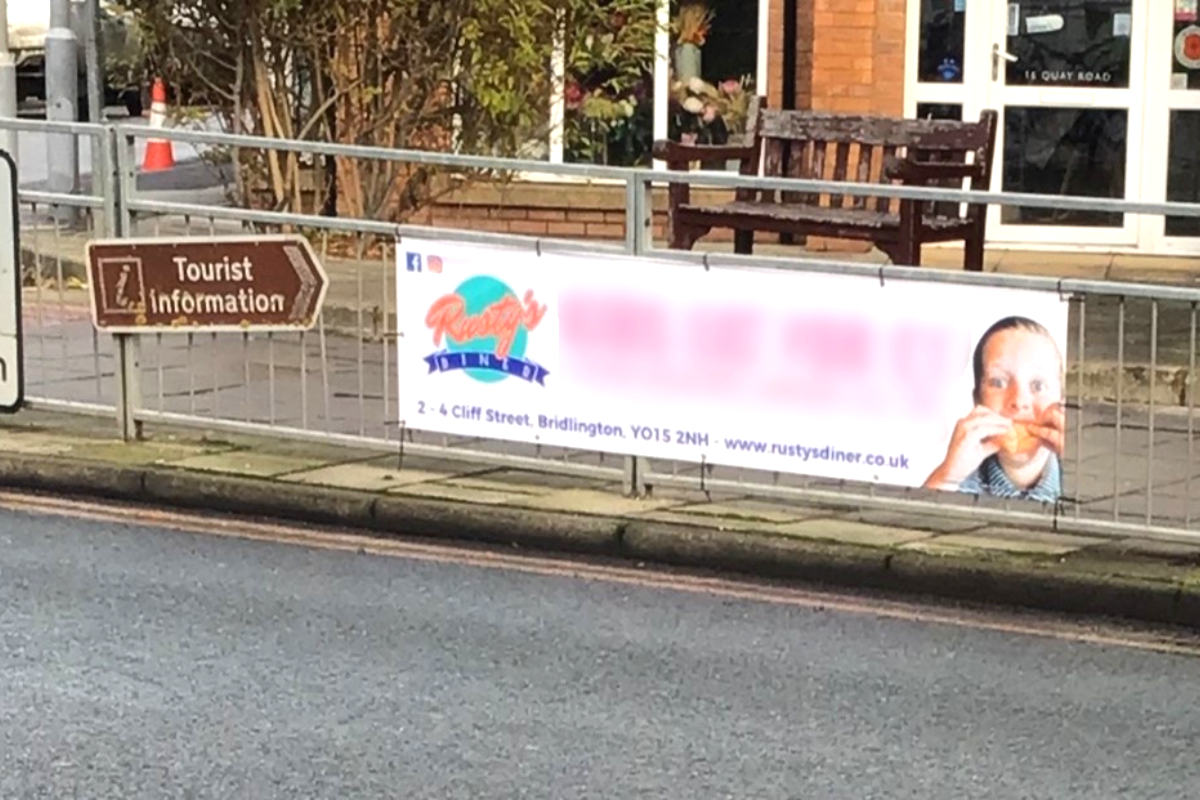 Bridlington Restaurant Ordered to Pay Over £2,000 for Illegal Signs
Bridlington Restaurant Ordered to Pay Over £2,000 for Illegal Signs
 Look Out For Signage Changes For Filey
Look Out For Signage Changes For Filey
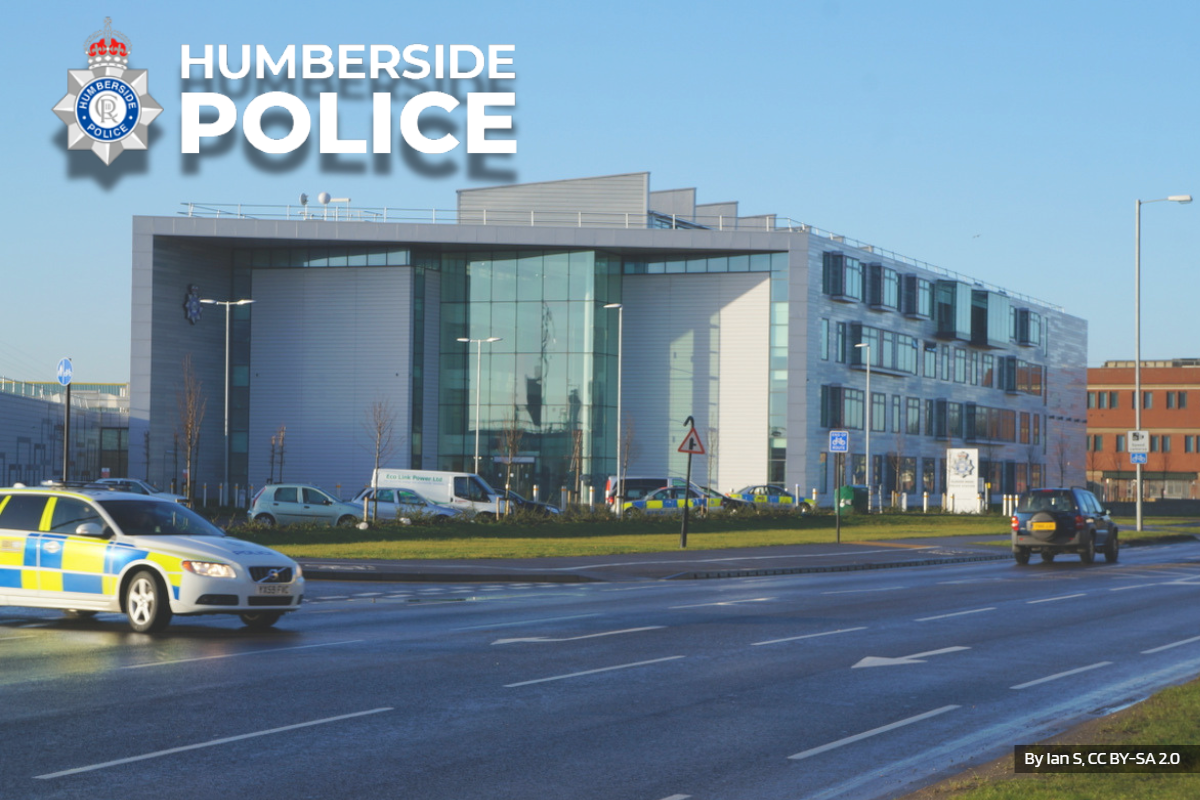 Humberside Police Statement On Social Media Posts
Humberside Police Statement On Social Media Posts
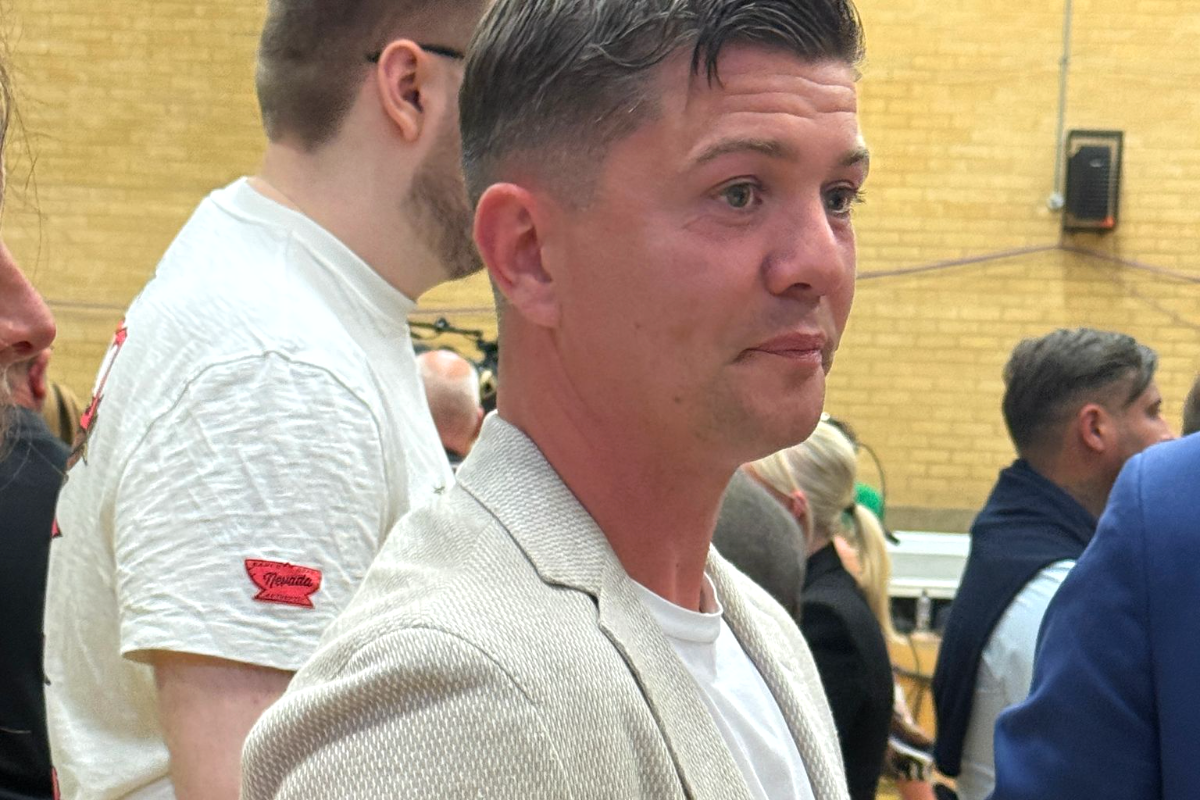 East Riding: New Mayor's Annual Allowance Confirmed
East Riding: New Mayor's Annual Allowance Confirmed
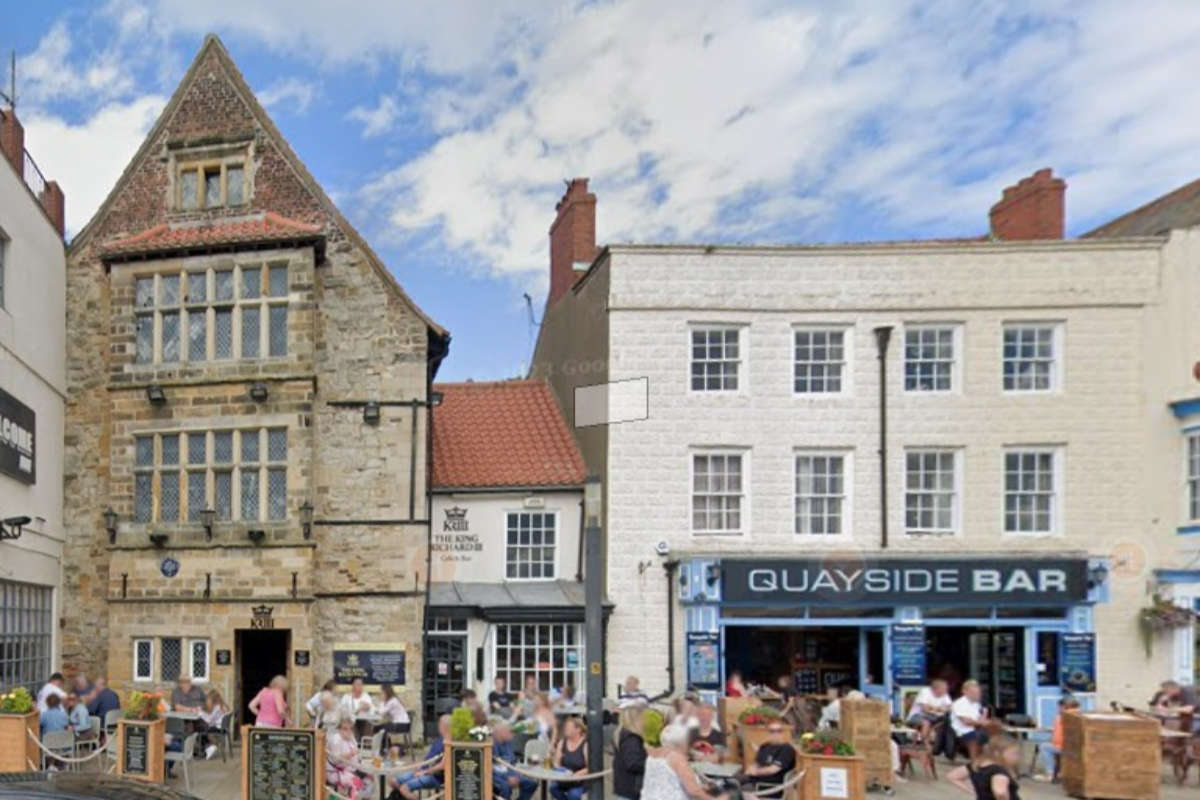 Five Scarborough Seafront Business Want Pavement Licences
Five Scarborough Seafront Business Want Pavement Licences
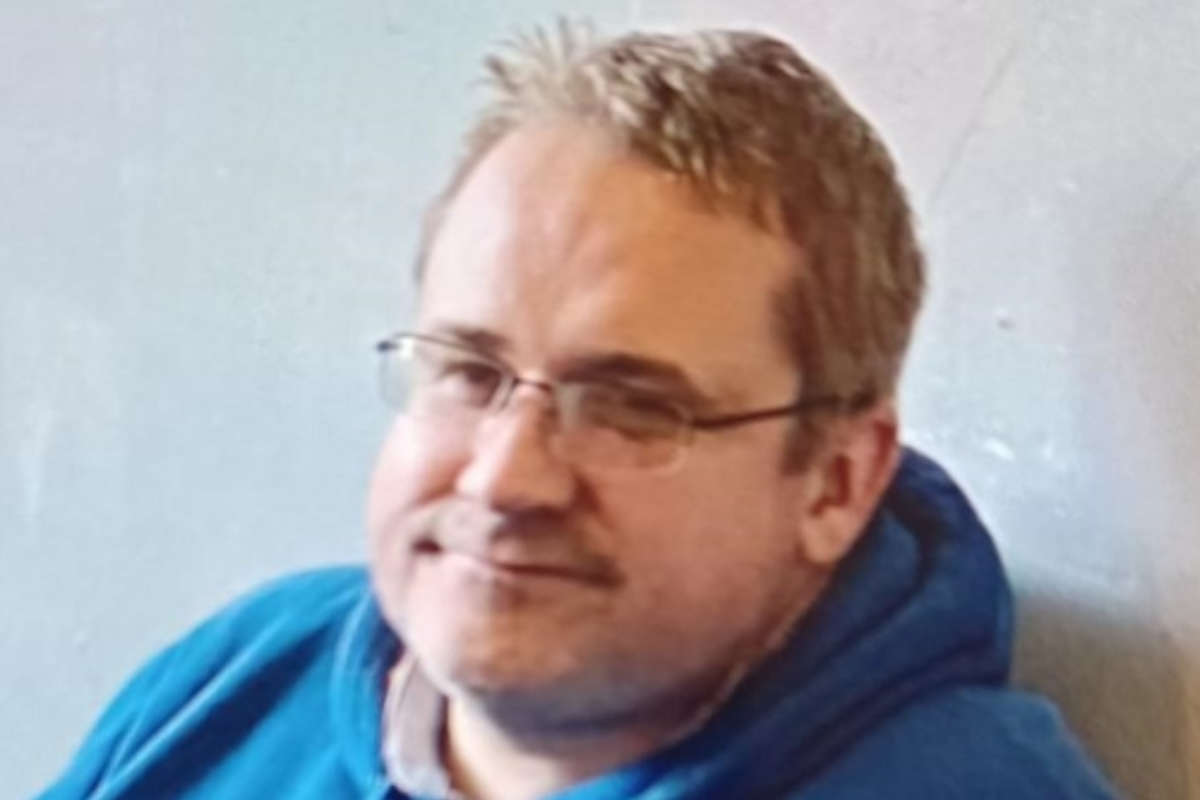 Police Search For Missing Filey Man
Police Search For Missing Filey Man
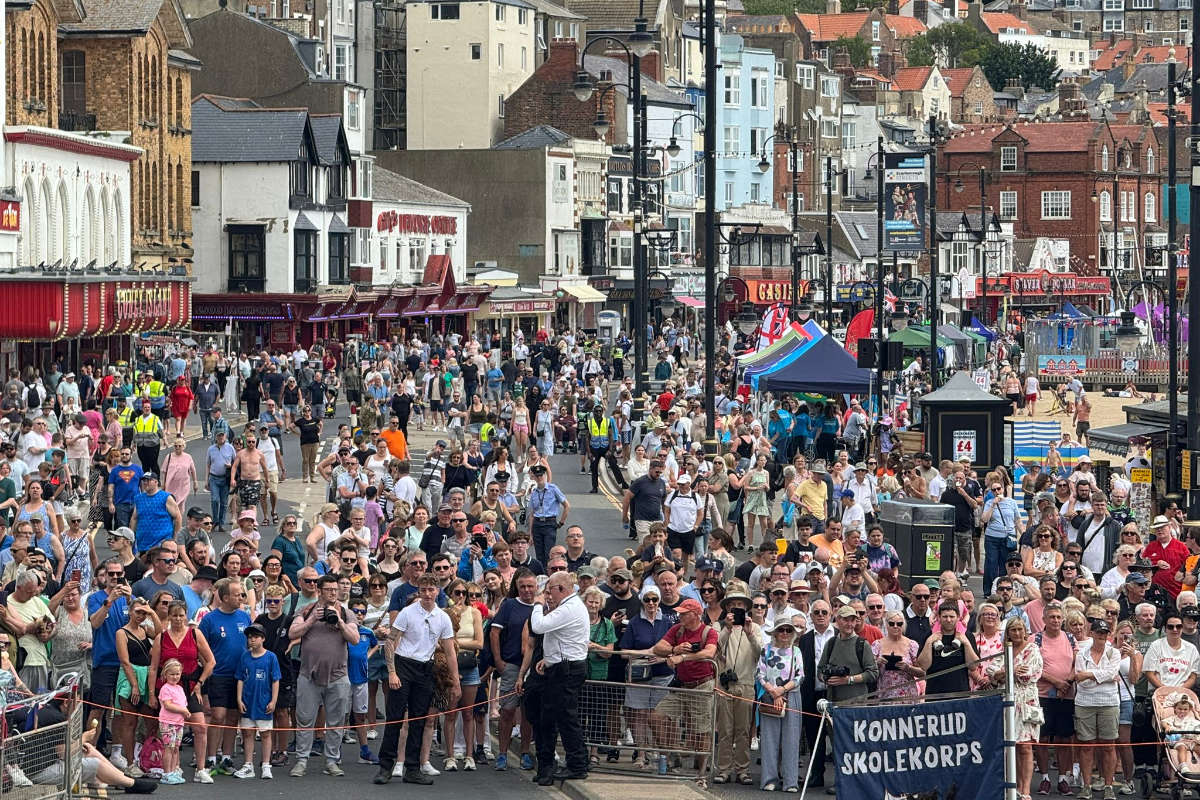 Armed Forces Day 2025 on the Yorkshire Coast- An Enormous Success
Armed Forces Day 2025 on the Yorkshire Coast- An Enormous Success









Comments
Add a comment